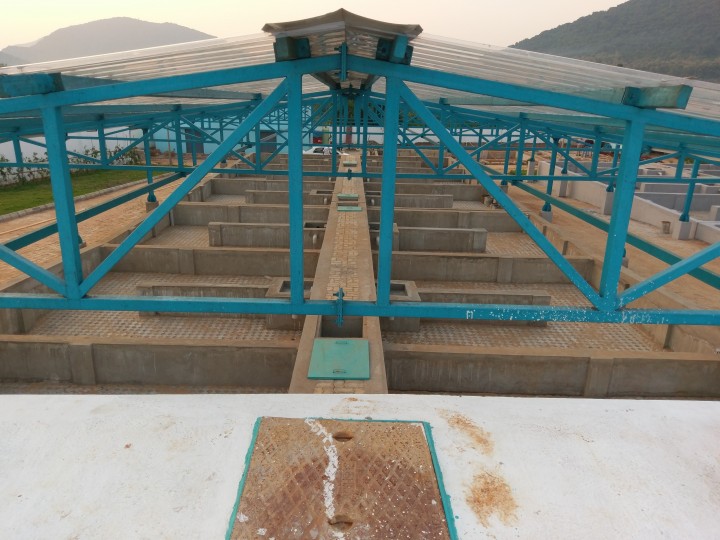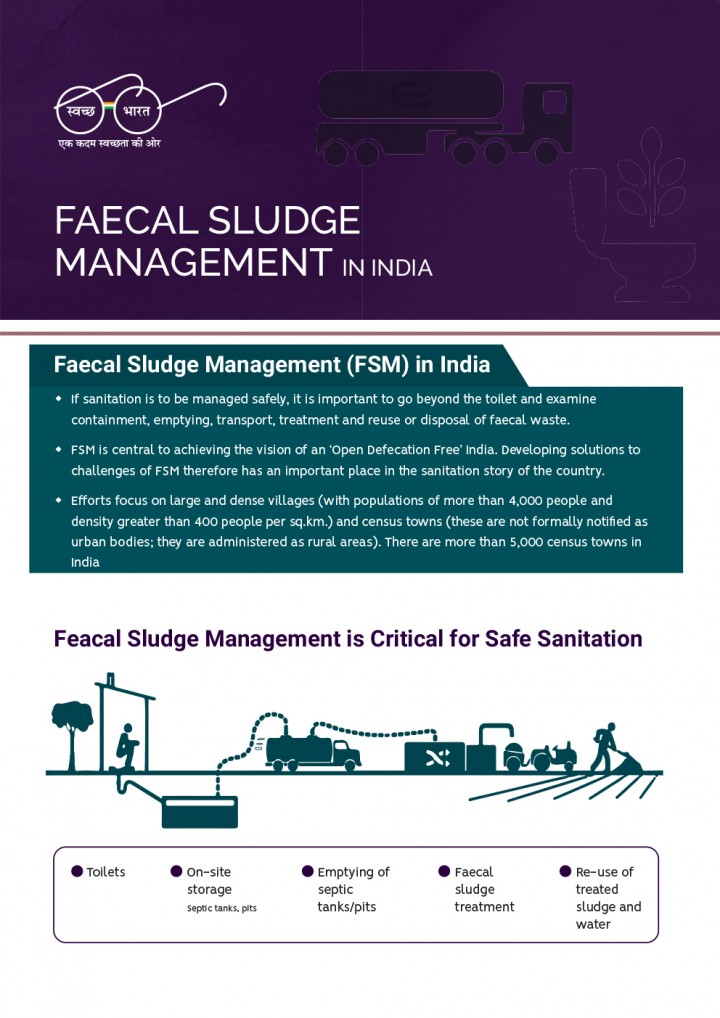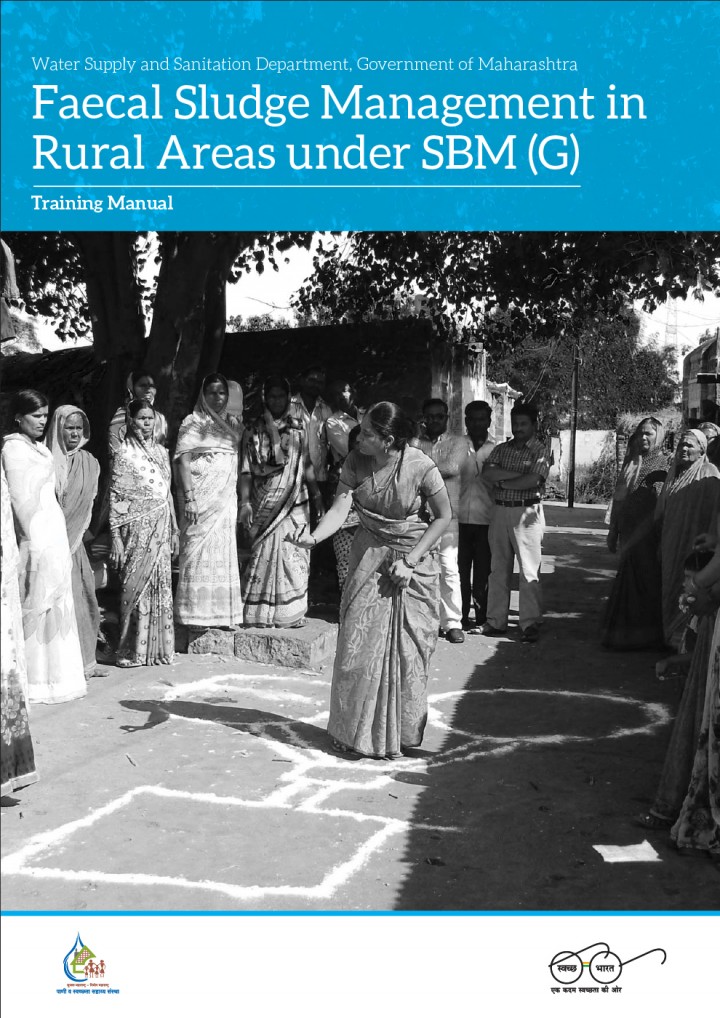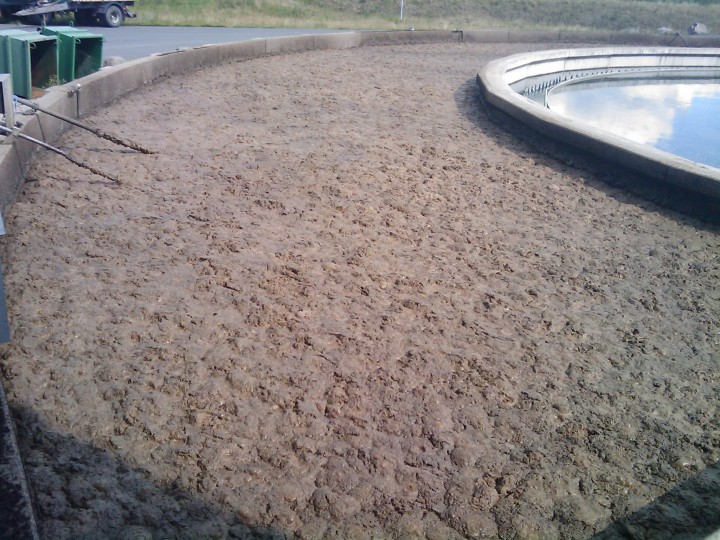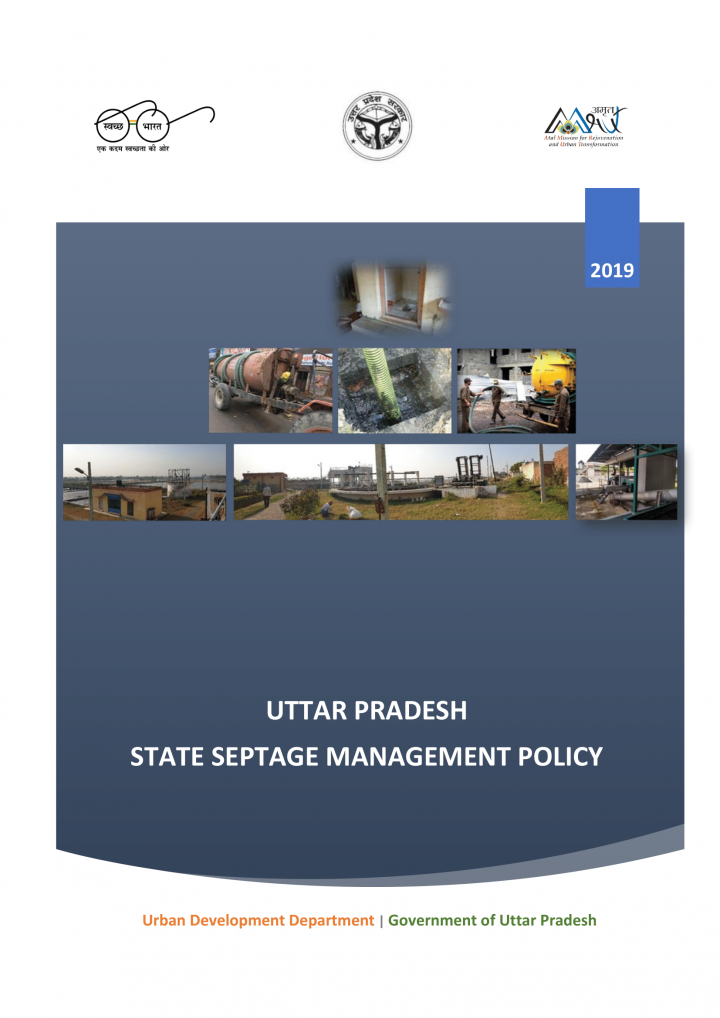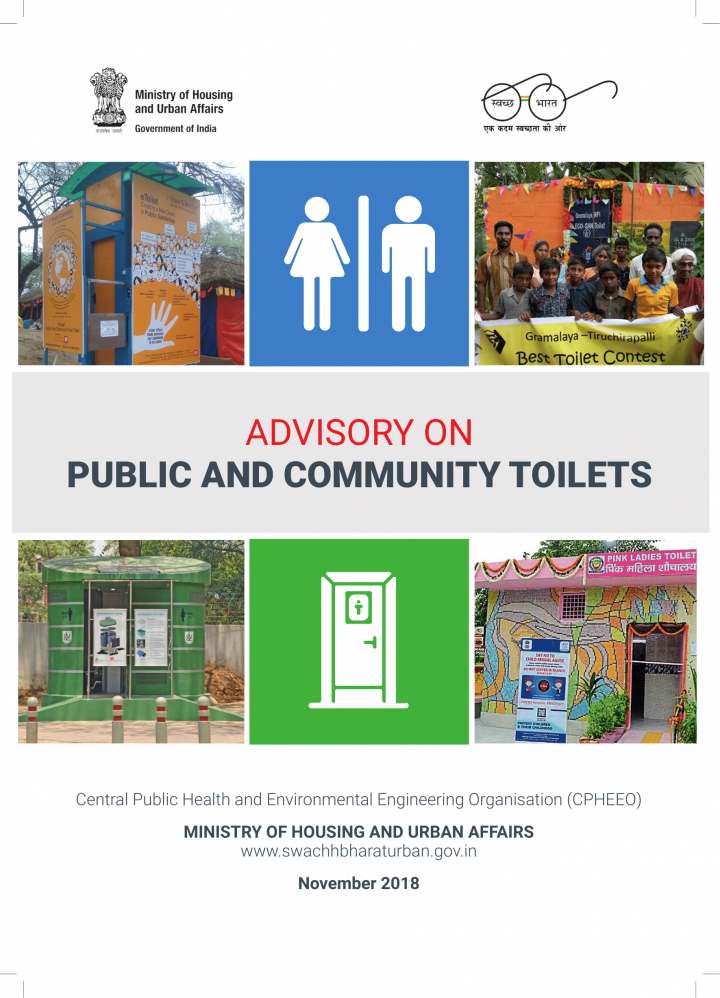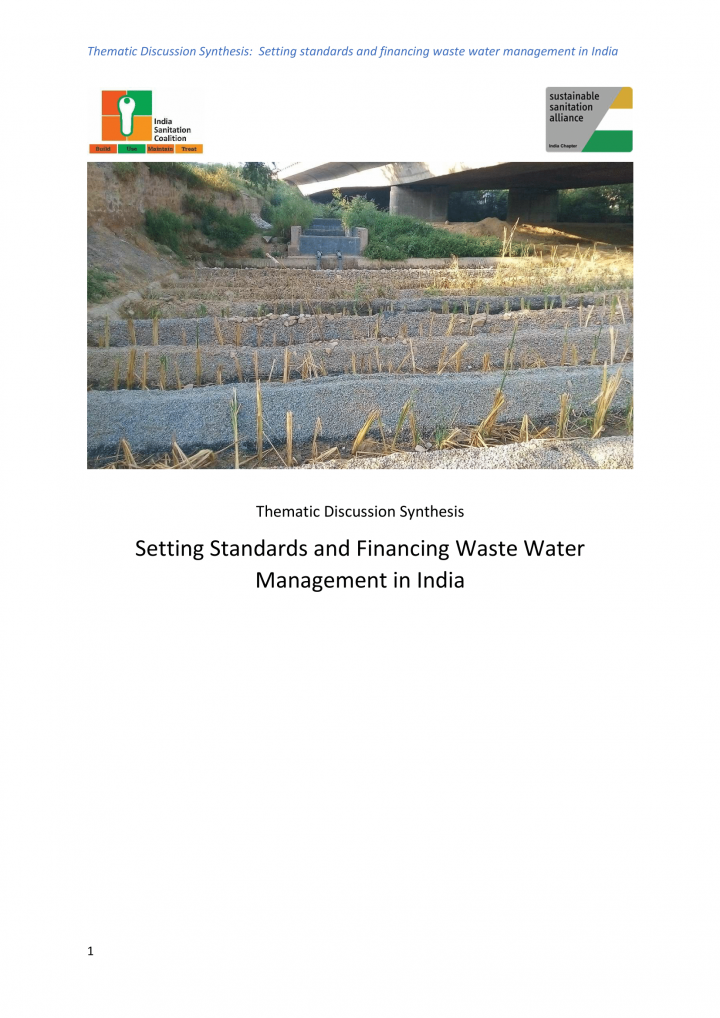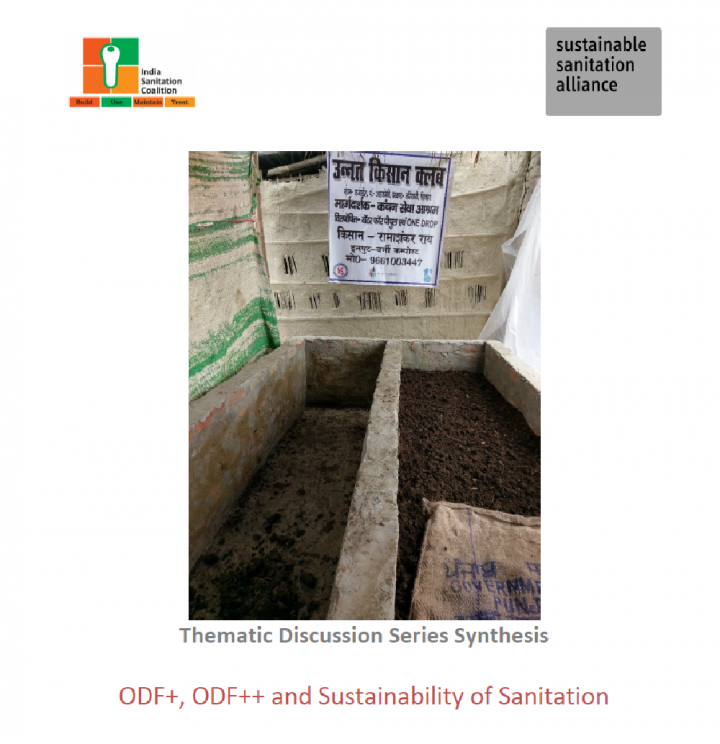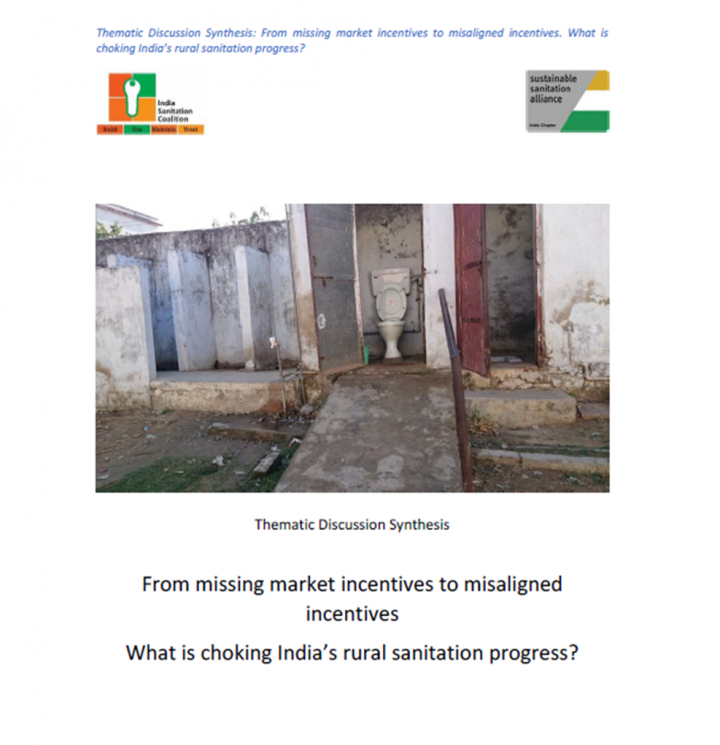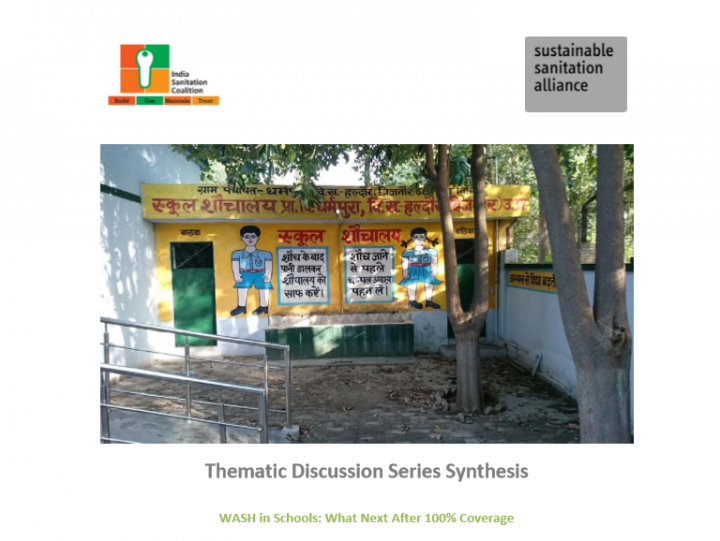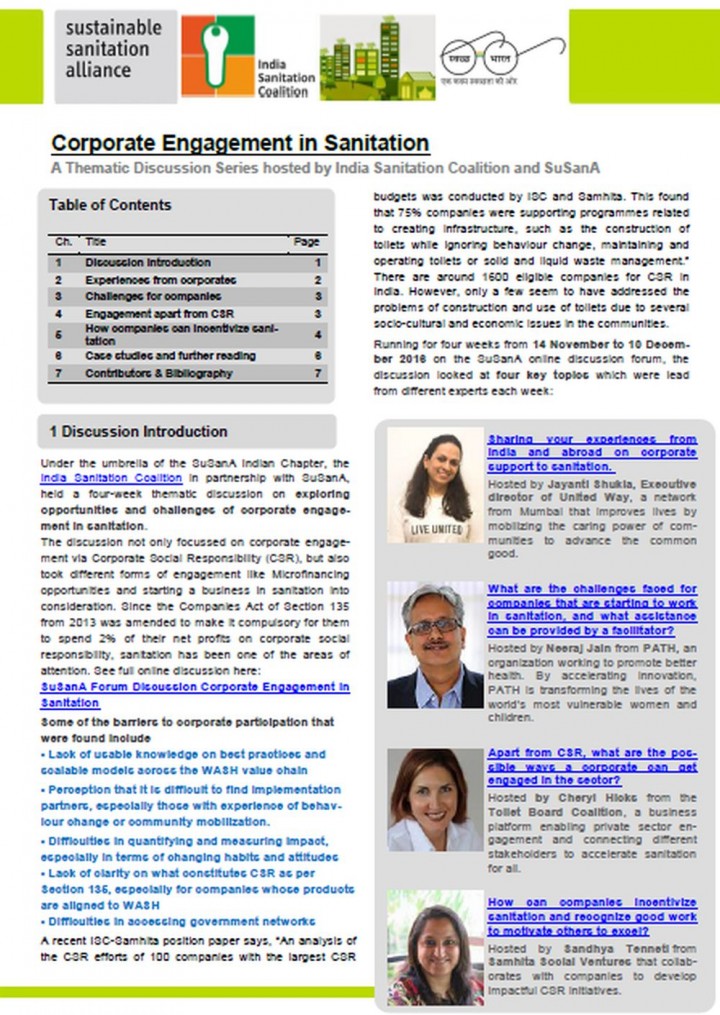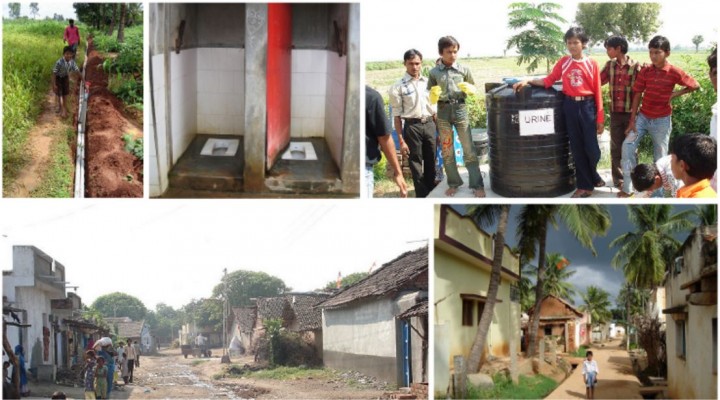The SuSanA India Chapter is committed to provide high quality and timely knowledge support for WASH policy and programmes by development partners, including the government, in India. It provides support to the WASH eco-system in India. The Chapter has run a series of thematic discussions and webinar to elicit tacit knowledge and document this as synthesis documents.
Going forward, the knowledge management function will continue to play a central part. The Chapter will become a source of WASH information from India by collating and hosting publications from WASH organizations. It is expanding its outreach through WASH sector organizations to district and sub-district practitioners so the knowledge collated and shared is relevant to the needs of these women and men working on the frontlines of WASH.
Chapter Management
Nitya Jacob
SuSanA India Chapter Coordinator
• India
I am research and policy advocacy professional specialising in water, sanitation and hygiene. I have led the national advocacy and research team at WaterAid India and worked as the water programme director with CSE. …
